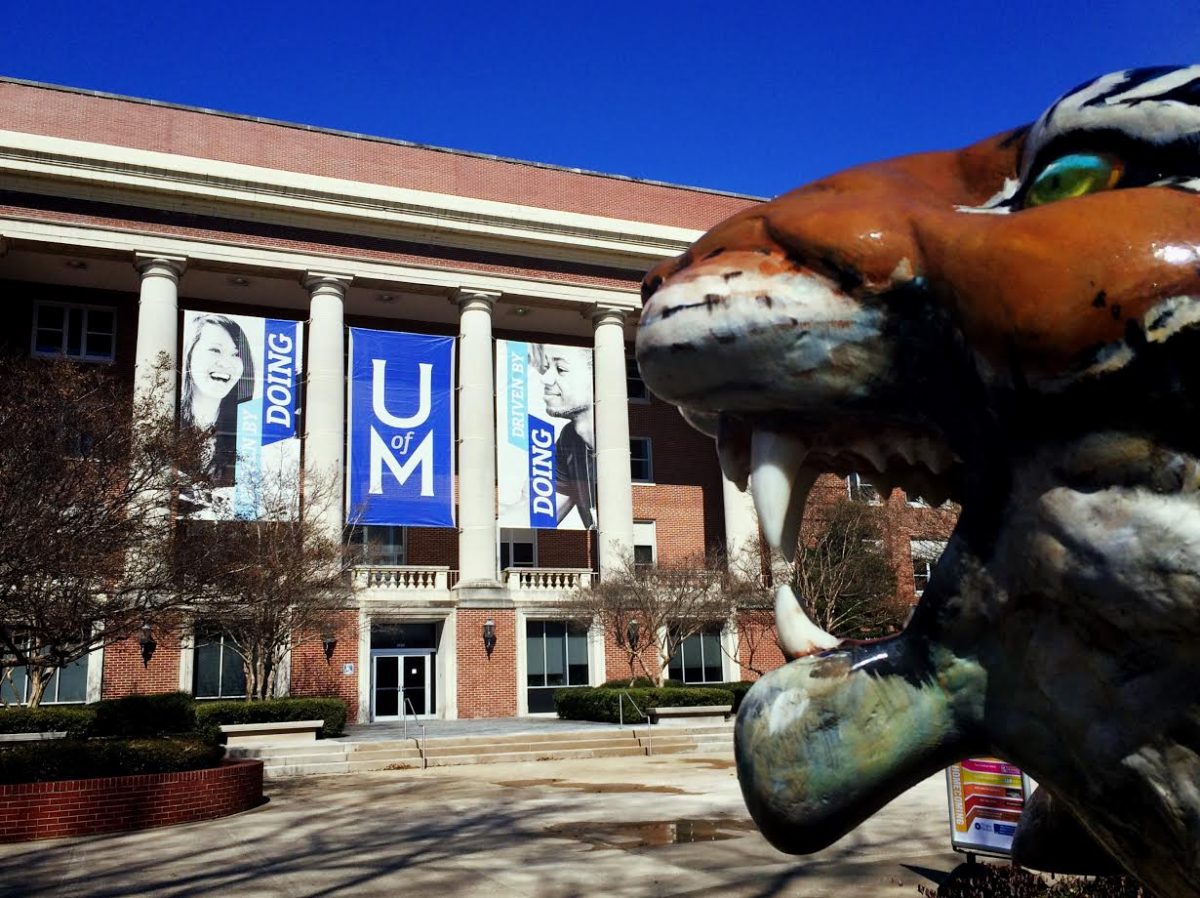The University of Memphis recently announced their largest tuition increase in the last eight years after approval from the university’s board of trustees in June. However, current students have mixed emotions about this hike, as they don’t believe the student experience will improve as a result.
According to the university’s finance and audit committee, this recommendation was made off of a number of factors including student affordability, financial aid, inflation and more. The university said they have policies and structures in place to minimize the cost of attendance for in-state students, however they “must remain competitive with their national peers.”
“The University of Memphis has taken numerous steps over the past several years to contain costs and to keep tuition as low as possible,” the university said in a statement. “This resulted in the UofM having the lowest average tuition increase in the State of Tennessee of 1.3% over the past eight years, including 0% tuition and fee increases in three of the past eight years.”
The Tennessee Higher Education Commission (THEC) has a binding range of zero to five point five percent to which colleges and universities can increase undergraduate in-state tuition and mandatory fees. As a result, the university was faced with the decision to either increase tuition within that range or eliminate the guaranteed tuition plan, which is available to first-time and first-year students and guarantees “locked-in rates for eight consecutive semesters.
The board decided to raise full-time undergraduate in-state tuition by 3.71 percent, and out-of-state tuition by 4.1 percent. In-state graduate tuition increased by 3.69 percent, while law tuition for Tennessee residents increased by 3.78 percent. Out of state students will see a 4.02 percent increase for graduate programs and 4.03 percent for law school.
Redding Johnson is an in-state transfer student who is a senior at the university studying journalism and feels that the decision to increase tuition without student input is “deceptive.” She also feels that the students don’t have a concrete understanding as to where this money is going and have no say in where it should go.
“We did get a new STEM building this past year so I’m sure some of the money went to that, but we don’t see the money going to programs that actually need it like journalism and architecture programs,” Johnson said. “The money doesn’t seem like it’s going to campus security either, which is a huge problem at U of M. I personally think they are trying to make up for the loss of students enrolling over the last decade.”
For Fall 2023, the university reported 21,731 students enrolled in their programs, a 0.83 percent decrease from Fall 2022 (21,912.) Enrollment increased in 2022 following the decline in enrollment in Fall 2021 from Fall 2020 (2.63 percent.)
On the other hand, students like Ashleigh Porter, a senior from Memphis, says they’re “amongst the few people” that feel the tuition increases have been worth it, as she has noticed building upgrades and improvements in her communications program.
“Things are really starting to be more polished and the campus offers a lot of new things that it didn’t when I first started two years ago,” P added.
Chadai Jones, an out-of state nursing student from Atlanta, Georgia going into her sophomore year said she understands the shock and “disbelief” that her fellow students are experiencing due to the tuition percentage increase, but she’s hopeful that it will benefit students with more funding for campus events and other additions to student life.
“It’s not like they’re just taking more money and we don’t benefit from it,” Jones said. “We would be getting our money’s worth, but it does suck that out of the blue tuition is being raised. I personally just hope they stick to their word and make sure it does benefit all students.”
